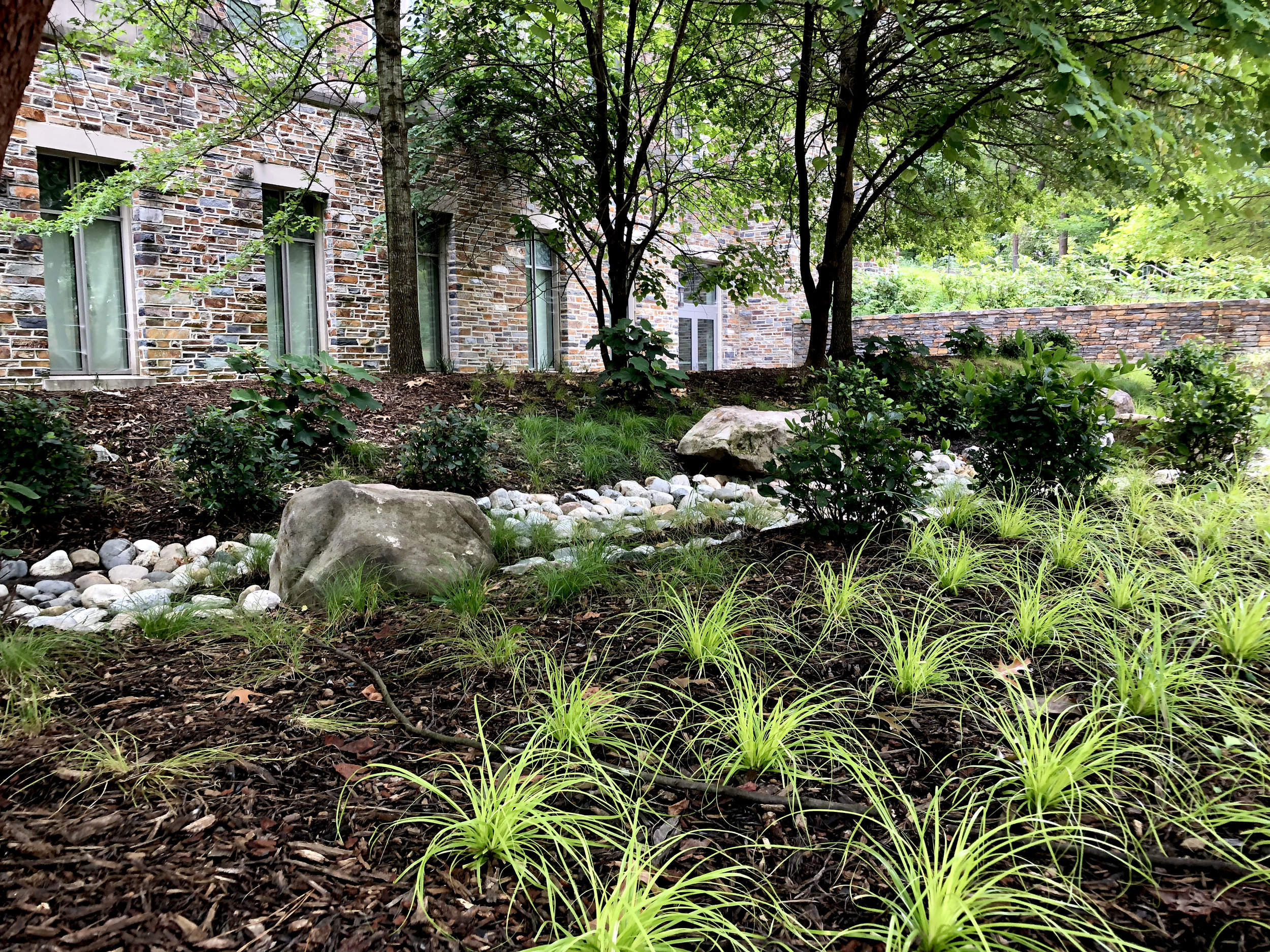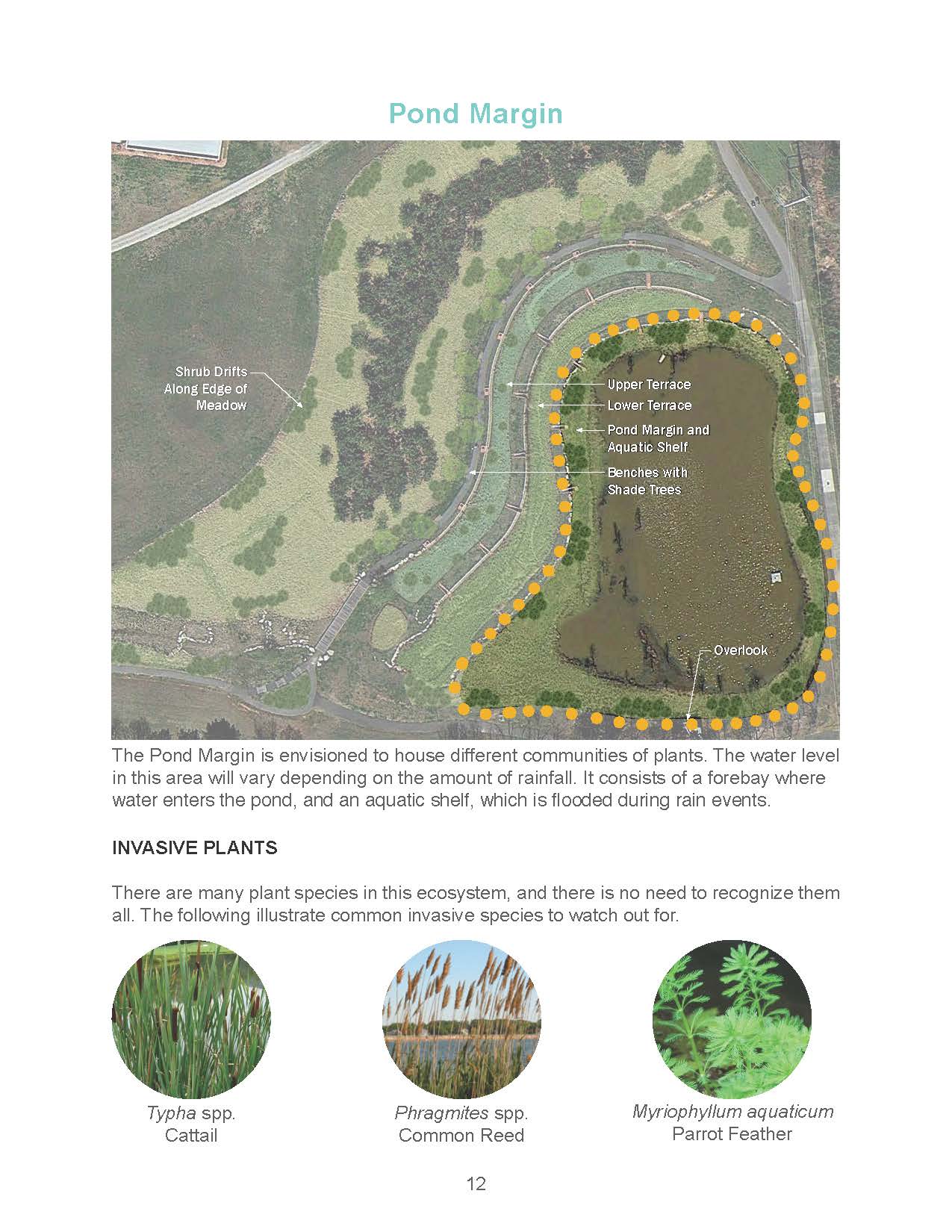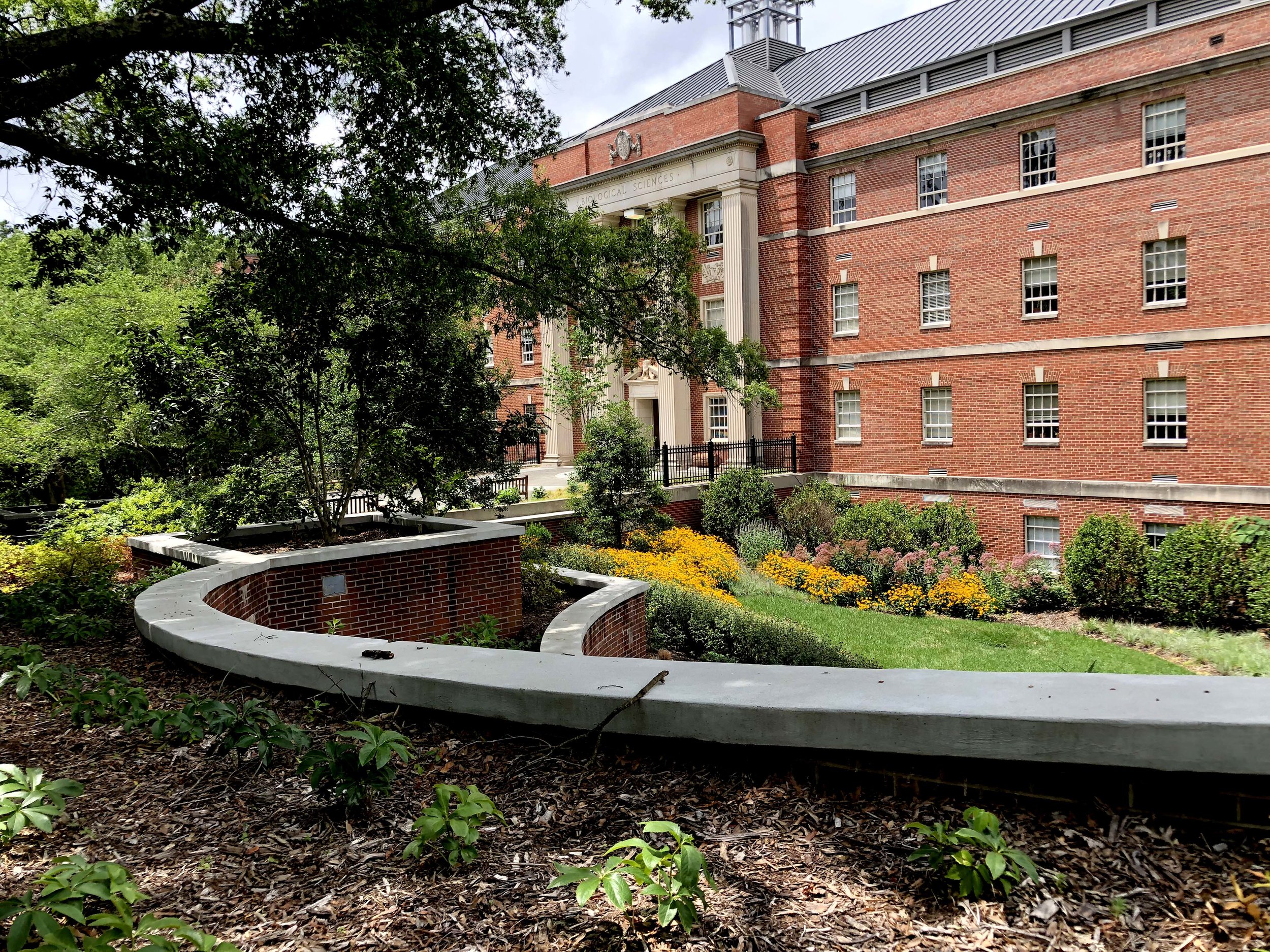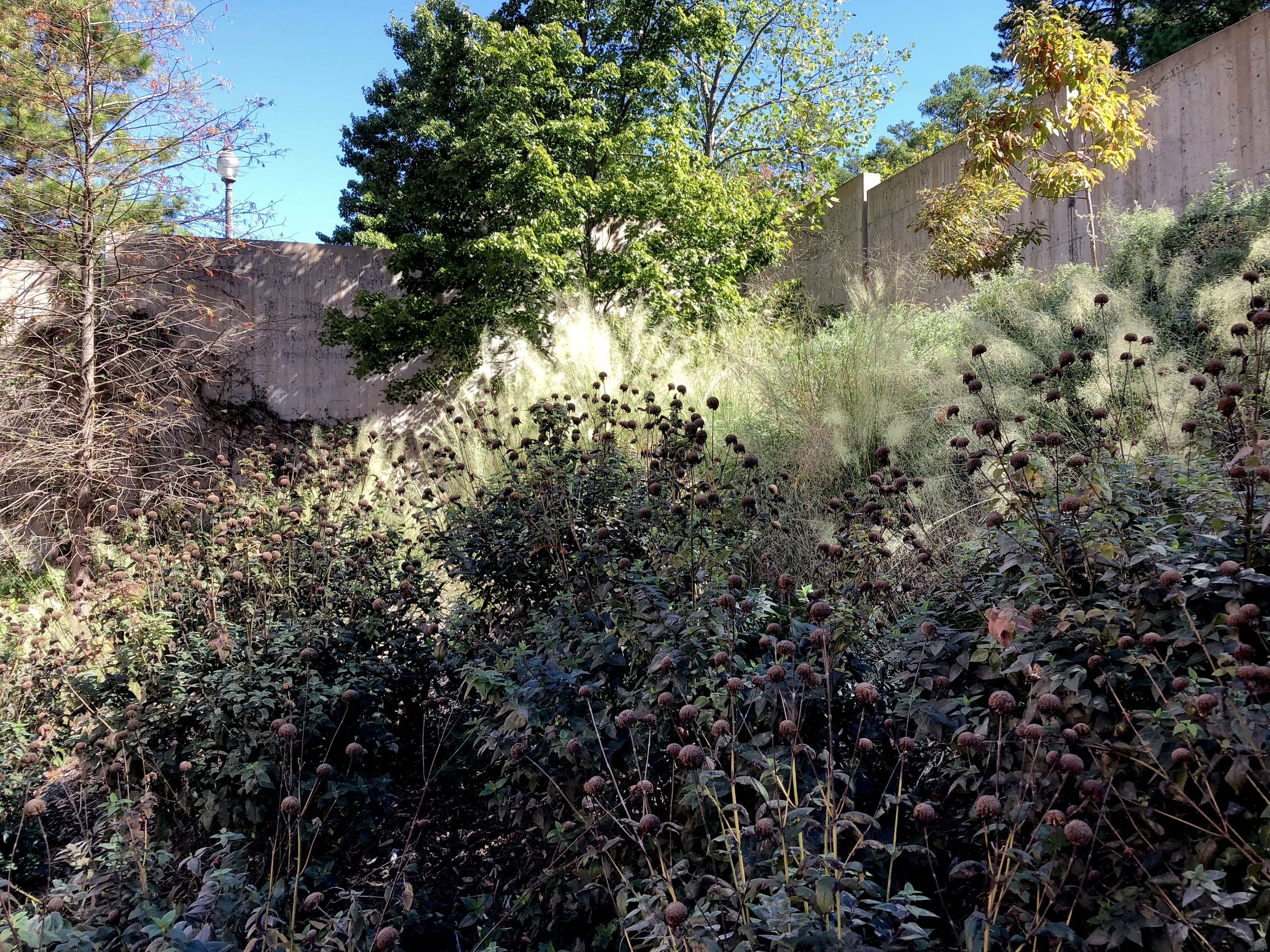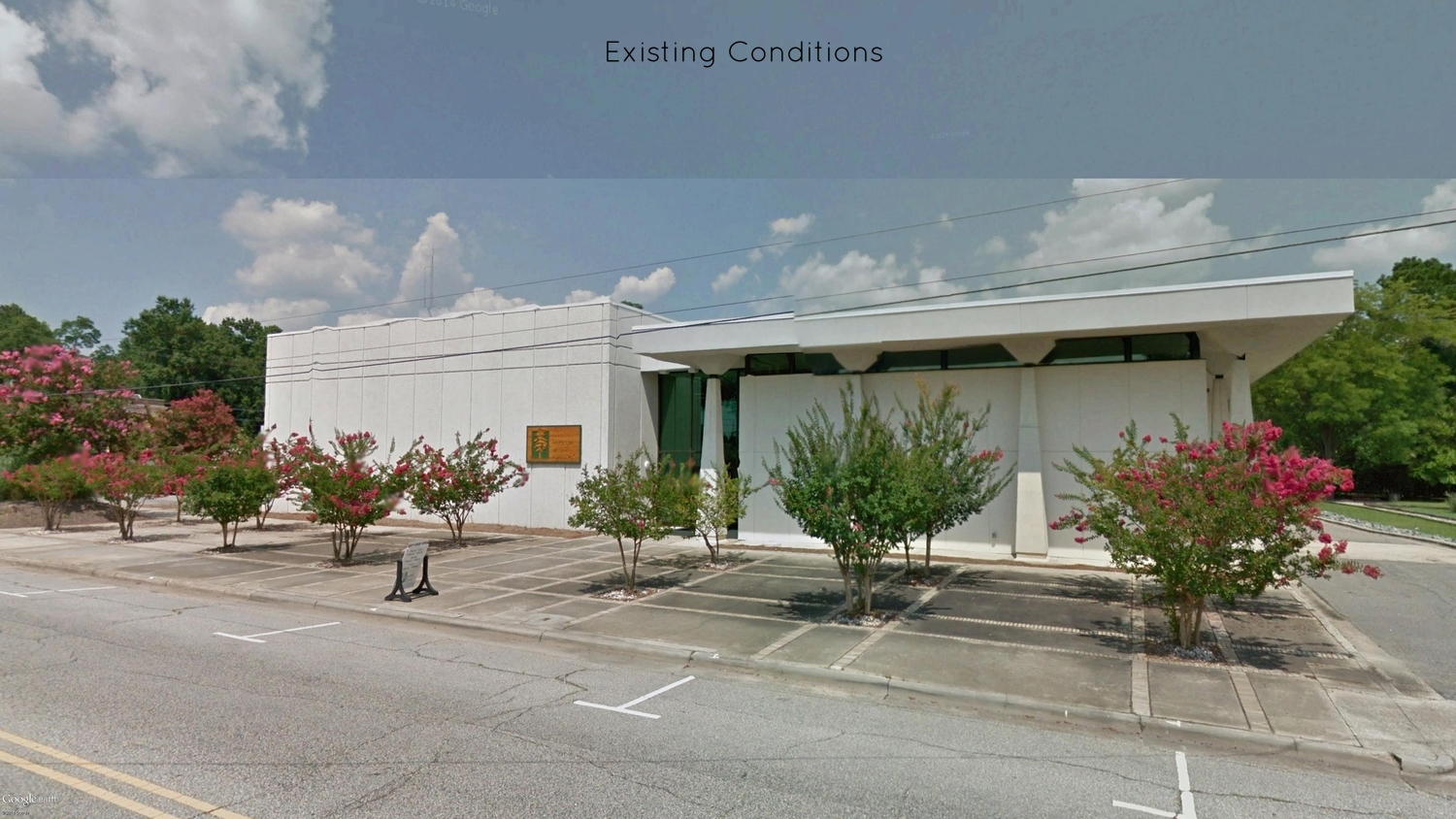Woodend Nature Sanctuary in Bethesda, MD is a valued asset in the local community. It serves as an event center, a conservation advocacy hub, a woodland park for daily use, and houses many environmental science programs for kids. The property is also home to a forest kindergarten and preschool, where kids spend the majority of their time outdoors in nature. When Lift[ED] began working with Woodend, the property was over run with invasive species and the trails were washed out and inaccessible to many visitors. Our goal with the Nature Trail for All is to create access for as many users as possible. We applied accessibility standards for parks and open spaces to our design, creating gentle slopes and firm surfaces for trails. Along the trails are a variety of resting areas that nestle visitors into plant communities. Our project removed all of the invasive species along the trail and nearby wooded areas, restored a perennial stream, and created a boardwalk that has access to the open water for science based programs such as dip netting for aquatic life. We worked with The Center for Watershed Protection, providing design guidance for accessibility, ecology restoration, and aesthetics. The entire trail and landscape is transformed into a place where Woodend can more deeply engage all users in the restorative power of nature.









![Lift[ED]](http://images.squarespace-cdn.com/content/v1/54592696e4b08e7e374af304/1418666118604-ODG016MFZD85TV7KJUHI/Untitled-2.png?format=1500w)










